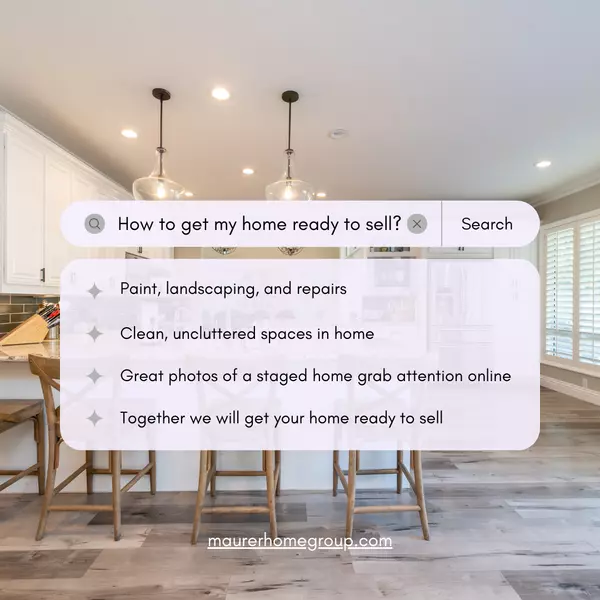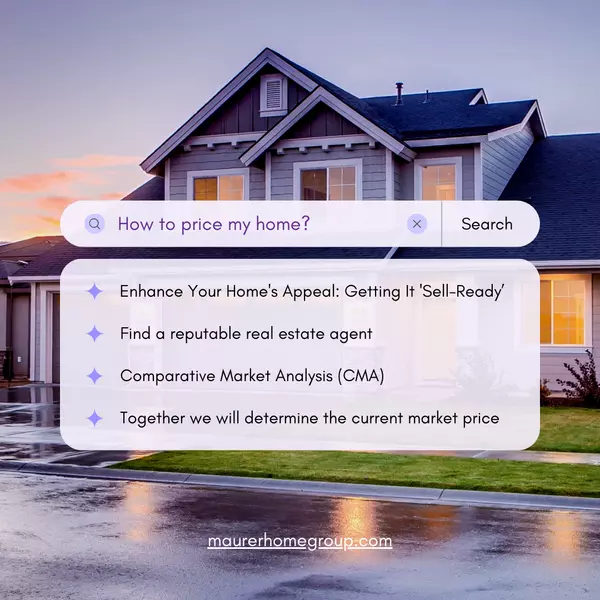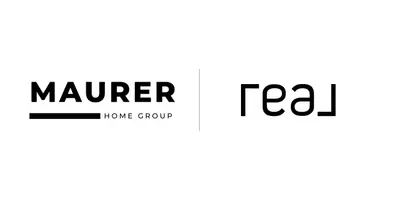Thinking About Putting an Earnest Money Deposit on a House? Here's What You Need to Know
Ever heard of earnest money when buying a house? It's a common step in the process, but what exactly is it? Don't worry, we've got you covered.

What is Earnest Money?
Think of earnest money as a good faith gesture. It's a deposit you make upfront to show the seller you're serious about buying their house. It's kind of like a down payment, but held in a safe neutral account (like an escrow account) until closing.

Why is Earnest Money Important?
There are a few reasons:
- For the Seller: It shows you're committed and convinces them to take their house off the market while things move forward.
- For You: It can strengthen your offer, especially in a competitive market.
How Much Earnest Money Do I Need?
Typically, it's between 1% and 3% of the purchase price, but there's no set rule. Your real estate agent can advise you based on your market and situation.

What Happens to My Earnest Money?
At closing, it usually goes towards your down payment or closing costs. However, things can get trickier if the deal falls through.
Getting Your Earnest Money Back
The contract outlines when you get your money back. This often depends on contingencies, like a home inspection revealing major problems. If a contingency isn't met, you might be able to walk away and get your deposit back.
Losing Your Earnest Money
Be careful! If you back out for no reason listed in the contract, you could lose your money. The same goes for missing deadlines.

Protecting Your Money
- Use an escrow account. Never hand over cash directly.
- Understand your contingencies. Talk to your agent about them.
- Meet deadlines. Stay on top of the timeline in your contract.
The Bottom Line
Earnest money is a big deal, so it's important to be informed. Talk to your real estate agent for personalized advice before you sign anything.
Recent Posts










